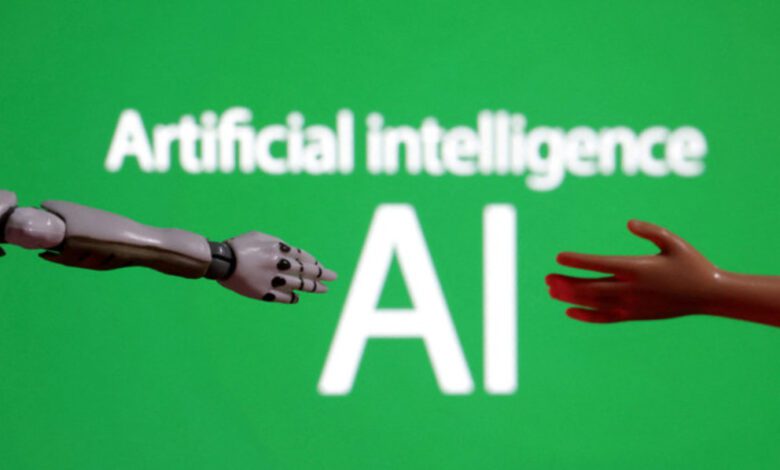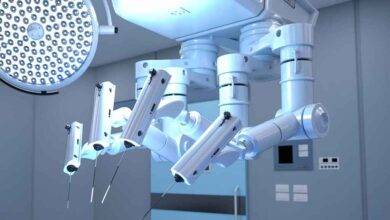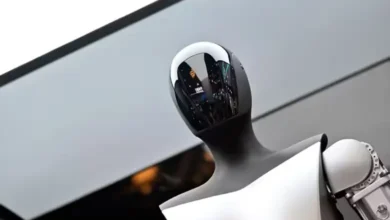
Pope Francis Talks AI: Balancing Opportunities and Risks
Pope Francis Talks AI at a tech summit about artificial intelligence. He pointed out the good and bad facets of AI. Instead of only giving prices, right here are the principle factors of his message.
Pope Francis Talks AI: Human Decision-Making
The pope stated that it is crucial to not forget that human beings could make picks from the coronary heart. AI works by following guidelines or information, that human beings can feel and sense. He believed we needed to make tough choices to keep our freedom and dignity. We shouldn’t depend an excessive amount of on machines.
Facts About AI
- Ethical Concerns: There are discussions about the ethics of AI. Issues consist of privateness, bias in AI, and who is liable for choices made through AI.
- Job Displacement: AI and automation might get rid of jobs. This raises the want for retraining human beings and growing new jobs.
- Healthcare Advancements: AI is changing healthcare. It helps with diagnoses, personalized medicine, and predicting health issues. This can enhance affected person care and cut expenses.
Key Questions and Challenges
- How are we able to ensure AI structures are clear and accountable to keep away from issues?
- What must we do to handle the moral issues of the usage of AI in choices?
- How can we cope with job losses as a result of AI and automation?
- What regulations can we want to govern the growth and use of AI technology?
Advantages and Disadvantages of AI
Advantages:
- Efficiency: AI makes processes faster and more accurate.
- Innovation: AI facilitates create new services and products in lots of industries.
- Decision Support: AI gives insights and helps make better choices in tough situations.
Disadvantages:
- Bias: AI can be biased based totally on the facts it learns from, leading to unfair consequences.
- Job Displacement: AI can cause activity losses in some fields, growing economic inequality.
- Security Risks: AI can be hacked or misused, posing threats to data privacy and gadget safety.



